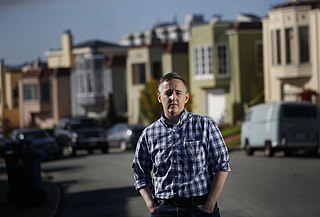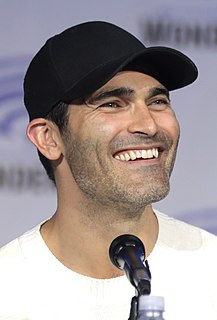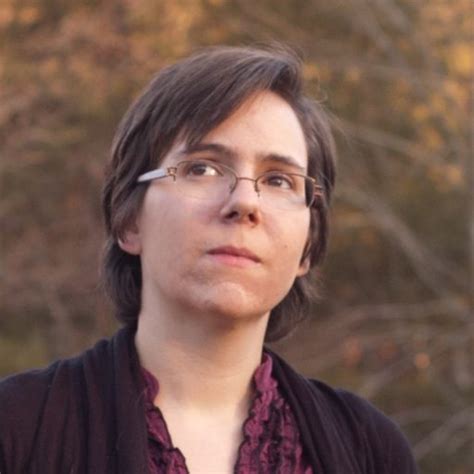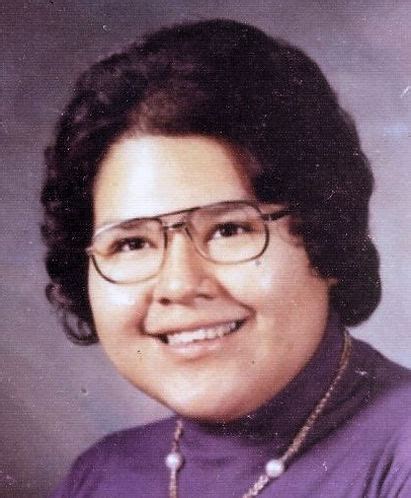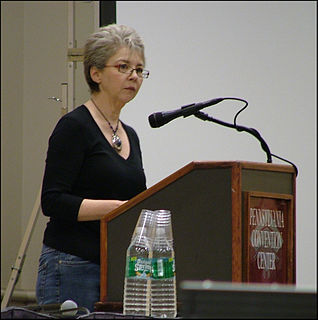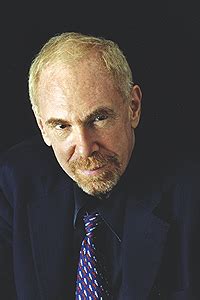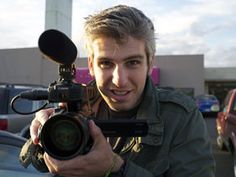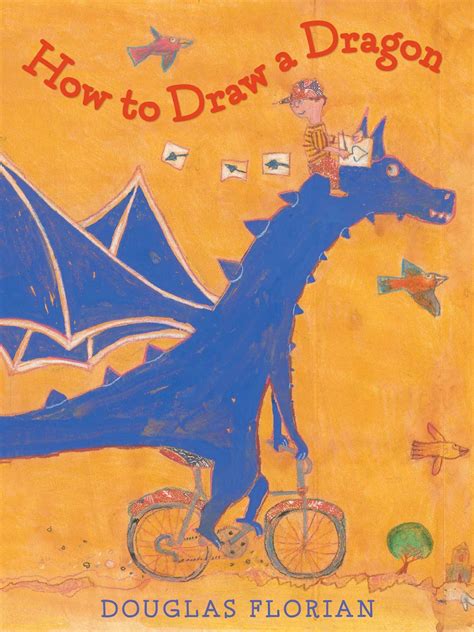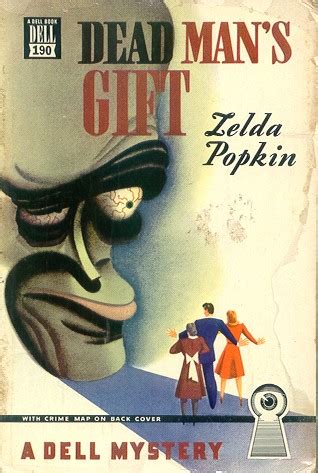Top 406 Nonfiction Quotes & Sayings - Page 7
Explore popular Nonfiction quotes.
Last updated on April 22, 2025.
If anything, I've found nonfiction a little easier. You don't have to make anything up. Of course, that's the inherent difficulty as well: when you hit an information black hole, you don't get to make it up. That hasn't come up too often with this project though. I'm lucky to have tons of primary source material , reams of letters and diaries and memoirs.
I've been making 16mm urban landscape films about San Francisco for many years. I choose different nonfiction themes to investigate and am generally interested in surfacing lesser-known histories. I like to investigate and illuminate these histories, combining them with my own unconventional storytelling style, which is generally a stream-of-consciousness voiceover involving a steady stream of personal reflections on pining over unavailable women.
That idea of not being exactly who you write as is so crucial. Even looking at those words as I type them, it feels dirty, it feels like I'm admitting something. Unfortunately, I think that's how the conversation around nonfiction is so much of the time - either defensive or accusatory. Aha! You've been caught! But the original essence of something is always lost when it's reproduced.
Writing fiction lets you be a little more emotional and unguarded, a little freer. Writing fictional characters is also really different from writing about real people. In nonfiction, you can only say so much about the people you interact with. After all, they're actual people, their version of their story trumps yours. In a novel, you can build a character, using certain parts or impressions of someone you know, and guessing or inventing others, without having to worry that your guesses or memories or inventions are wrong.
I love telling stories, I love for someone to see something, and go, "Oh, wow, I've never thought of it that way." Because I've had those moments in my life, where I go, "Oh, my God, I've never looked or approached this topic and had that insight or had that idea come to mind," to where it changes your life, it changes the way you see certain things. I love that. I think that's such a cool thing that we get to do by sharing stories, whether they're fiction or nonfiction.
Since I was a kid. I had this series by Ballantine Books about the history of World Wars I and II. In my 20s, it was the Vietnam War literature of novelists like Tim O'Brien, Philip Caputo, and Tobias Wolff, and then nonfiction such as "A Bright Shining Lie" by Neil Sheehan and "The Best and Brightest" by David Halberstam . Those are the two best histories of Vietnam.
I came to nonfiction through journalism. My first book was journalism, and it was so frustrating to me, while I was writing it, that I wasn't capturing the moments the way they were when I lived them; I was filtering and re-filtering. I had to come to terms with the fact that I couldn't and shouldn't claim authenticity. Then, when the book was published and I gave readings, I'd hear myself read and it was like I was eavesdropping on a dream - even with myself as the narrator. I knew that guy but couldn't exactly recognize him.
Fiction is more dangerous than nonfiction because it can seduce better. I think we all know this, know that deeper truths can be approached in fiction than in fact. There are risks for the reader, because after reading certain books you find you have changed irreversibly. There are risks for writers: in China, now, and Ethiopia and other countries right now, writers face real persecution.
Let me roughly divide books into those which compete with the movies and those with which the movies cannot compete. They are the books that can elevate or instruct. If they are fine works of fiction, they can deepen your appreciation of human life. If they are serious works of nonfiction, they can inform or enlighten you.
My platform has been to reach reluctant readers. And one of the best ways I found to motivate them is to connect them with reading that interests them, to expand the definition of reading to include humor, science fiction/fantasy, nonfiction, graphic novels, wordless books, audio books and comic books.
If you're writing a book where you want to make a positive truth claim, then you should absolutely call it nonfiction or memoir. If you don't want to make that claim - if that's not what's important to you; if you're more interested in storytelling and interiority and interpersonal relationships than in objective, checkable facts about the world - then why wouldn't you call it a novel, and take advantage of what that gets you, of the extra freedom, of belonging to the tradition of the novel?
All I really know in nonfiction is that when I come home, I've got all these notes and I'm trying to figure out what actually happened to me. I usually kind of know what happened, but as you work through the notes, you find that certain scenes write well and some don't even though they should. Those make a constellation of meaning that weirdly ends up telling you what you just went through. It's a slightly different process, but still there's mystery because when you're bearing down on the scenes, sometimes you find out they mean something different than what you thought.
Films can't change the society, they can simply open the space for the discussion which can lead to social change and can start new forms of social activism. I feel formally that I've scratched the surface of something very important about the nature of nonfiction film, about what we're very rarely honest about: When you film anybody, they start performing.
One of the interesting things about the history of poetry in the 16th, 17th, and 18th centuries is that people who read liked getting their information in rhyme just as much as in prose. The genre that we would think of as nonfiction often was written in verse in forms like the Georgic when people thought that one of the tasks of poetry was conveying arguments and information in a pleasant way.
For my books of nonfiction I write about subjects I find fascinating. I've been a Yankees and a Lou Gehrig fan for decades, so I wrote 'Lou Gehrig: The Luckiest Man.' It's more the story of his great courage than of his baseball playing. Children face all sorts of challenges, and it's my hope that some will be inspired by the courage of Lou Gehrig.
I believe every time you film anybody, you create reality with that person - whether it's fiction or nonfiction. If you acknowledge that filming is an occasion where people express things they might not otherwise express, that offers a much more insightful analysis of why documentaries - even of the fly-on-the-wall variety - are powerful. I think that our task as filmmakers is to create the most insightful reality given the most pressing questions.
A lot of attention has been paid in Latin America to the new generation of nonfiction writers, authors like Julio Villanueva Chang, Diego Osorno, Cristóbal Peña, Gabriela Wiener, Leila Guerriero, Cristian Alarcón, among others. These are writers doing important, groundbreaking work. So the talent is there, as is the habit of radio listenership, and what we propose to do is unite the two. We want to have these immensely gifted journalists - men and women who've already revitalized the long-form narrative - we want them to tell their stories in sound.
Great fiction has been written out of the very darkest circumstances of our narco violence, and nothing written in either fiction or nonfiction has penetrated that darkness so memorably - you can even say beautifully, a relentless riveting forensic dark beauty that some readers in fact find themselves unable to endure - as Roberto Bolaño's 2666. Especially in "The Part about the Crimes." But here's the thing: nobody would call 2666 a "narco novel."
With nonfiction, I had to learn how to be a clear communicator, but it was also a relief to be able to articulate some of my political ideas and beliefs. I also try to do that in my fiction, but I'm more interested in asking questions that lead to more questions, mysteries that lead to more mysteries, rather than immediate answers and solutions.
Inexperienced fiction and creative nonfiction writers are often told to show, not tell - to write scenes, dramatize, cut exposition, cut summary - but it can be misguided advice. Good prose almost always requires both showing and telling, scenes and summary, the two basic components of creative prose
All fiction, if it's successful, is going to appeal to the emotions. Emotion is really what fiction is all about. That's not to say fiction can't be thoughtful, or present some interesting or provocative ideas to make us think. But if you want to present an intellectual argument, nonfiction is a better tool. You can drive a nail with a shoe but a hammer is a better tool for that. But fiction is about emotional resonance, about making us feel things on a primal and visceral level.
All nonfiction writers, whether they like it or not, are translators. The translator is the perfect journalist. The best journalism endeavors to convey an essential idea or story to an audience that knows very little about it, and that requires translation. To do this successfully, the writer must filter the idea through the prism of his eye, and his mind, and his writing style.
Interviewer: Have you ever considered writing nonfiction? Mary Doria Russell: Oh, honey, I did! Let's see...There was "A Reconsideration of the Evidence for Cannibalism at the Krapina Neandertal Site." That was a big hit. And who could ever forget "Cutmarks on the Engis II Calvarium"? Then there was "Browridge Development as a Function of Bending Stress in the Supraorbital Region." I got tons of reprint requests for that one. Trust me fiction is better.
I always thought that I could write a novel. In my case, it was misguided. I do believe that the best nonfiction is not "literary journalism," a misleading term, but rather journalism that asks the questions that serious literature asks. It's storytelling that happens to be true. So I don't think it was a missed opportunity. After awhile you learn what you're really good at. Life is short, so spend time doing that.
The whole idea of action being a carrier of information is something that comes directly from theater. That's, in some ways, the one thing I've been trying to contribute. I still write things outside of architecture - not really fiction, but not nonfiction. I like dialogue as a form, because the text is only the trace of an action. The consequential information is carried in the action you choose to put on that text.
One thing you learn about doing nonfiction is that you've got to get it right, fact-check, do your research. You've got to not only get the facts right but represent the subject to the world in a way that insiders feel like it's an access port and outsiders can access it. If you're too insider, you block access to anyone else.
While I love to read contemporary fiction, I'm not drawn to writing it. Perhaps it's because the former journalist in me is too inhibited by the press of reality; when I think about writing of my own time I always think about nonfiction narratives. Or perhaps it's just that I find the present too confounding.
I more seriously considered publishing it under a pseudonym than I considered publishing it as fiction. I think the decision to write it as nonfiction happened at the very outset of the process, because the overwhelming impetus for writing this book was to understand what the experience meant, and to override my own reductions and rationalizations, whatever story I had that was not true. It didn't sit well with me and I needed to answer that. That's sort of the reason I write everything.
The thing I always tell my writing students - I'm not a full-time instructor, by any means, but periodically I've taught writing students - what I always tell them is that the most important thing in narrative nonfiction is that you not only have to have all the research; you have to have about 100% more than you need.
My theory for nonfiction is that nobody can be free of some kind of conceptions about whatever story they're writing. But if you can find a way to build those into the story, then the story becomes a process of deconstructing and heightening and sometimes changing those notions and that makes dramatic tension. The initial statement of your position, and then letting reality act on you to change it, is pretty good storytelling.
Discovery still happens in the writing. You start in nonfiction with a whole lot more going for you, because all the discovery isn't waiting to be made. You've made some of it in the research. As you get deeper into a piece and do more research, the notes are in the direction of the piece - you're actually writing it.
Now I'm in nonfiction. To me any given story has its appropriate form. There might be some story I get involved with that's begging to be a graphic novel, so that will have to be that way. There's always that matching of the content and the form, and that means everything to me. I spend years thinking about what that match is going to be before I can really make it work.
I'd like to ghost-write Liz Phair's novel. But I don't really know about that. It seems like a dignified thing to segue into as I approach the other side of 45. My hands are just full right now. There's the potential to try to write some kind of biography of Pavement - sort of a cryptic, nonfiction/fiction blowout. The story's never been told well. But that's a lot of inward-gazing that I'm not sure I want to do. I like to look out.
What I felt was, if you spend your life just writing fiction, you are going to falsify your material. And the fictional form was going to force you to do things with the material, to dramatize it in a certain way. I thought nonfiction gave one a chance to explore the world, the other world, the world that one didn't know fully.
I find interesting characters or lessons that resonate with people and sometimes I write about them in the sports pages, sometimes I write them in a column, sometimes in a novel, sometimes a play or sometimes in nonfiction. But at the core I always say to myself, 'Is there a story here? Is this something people want to read?'
Narrative nonfiction was not my forte. I always wanted to let my imagination run free, and the facts sometimes got in the way. At one point I wanted to illustrate Jack Prelutsky's enchanting poems. Unable to do that, I started devising and improvising my own poems, very raw at first. I immersed myself in verse, writing reams of stuff until it gelled.
You do not conceive a novel as easily as you conceive a child, nor even half as easily as you create nonfiction work. A journalist amasses facts, anecdotes and interviews with top brass. Enough of these add up to a book. A novelist demands quite different things. He has to find himself in his materials, to know for sure how he would feel and act and the events he writes about. In addition, he requires a catalyst — a person, idea, or emotion which coalesces his ingredients and makes them jell into a solid purpose.
It's very bad to write a novel by act of will. I can do a book of nonfiction work that way - just sign the contract and do the book because, provided the topic has some meaning for me, I know I can do it. But a novel is different. A novel is more like falling in love. You don't say, 'I'm going to fall in love next Tuesday, I'm going to begin my novel.' The novel has to come to you. It has to feel just like love.
After the Dance was my first attempt at nonfiction. I'd never really participated in carnival, and I really wanted to go. It sounded like a wonderfully fun thing to do. And I wanted to write something happy about Haiti, something celebratory. And going to carnival gave me a chance to do that, because it is one of the instances in Haiti when people shed their class separation and come together.

